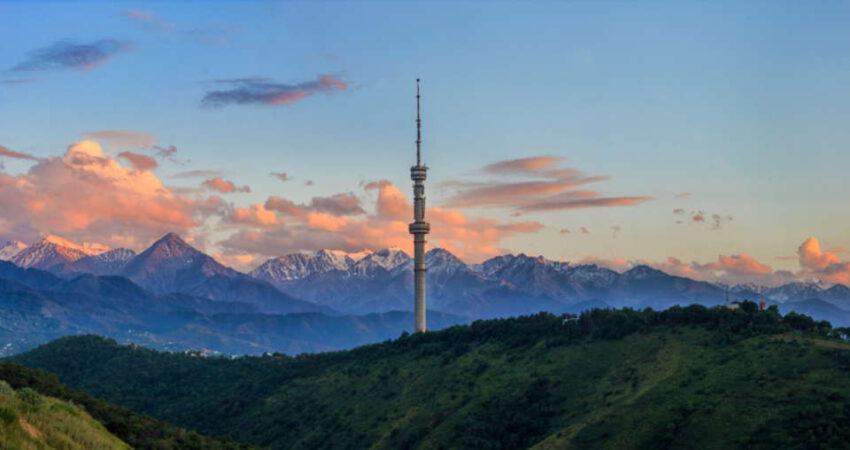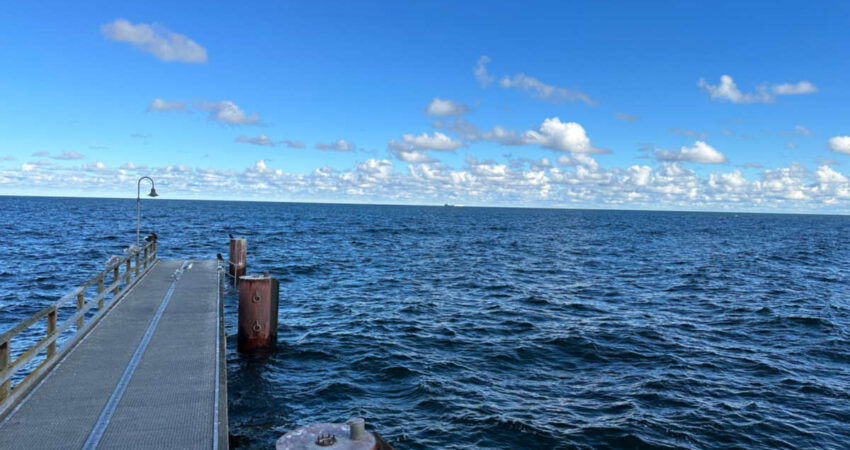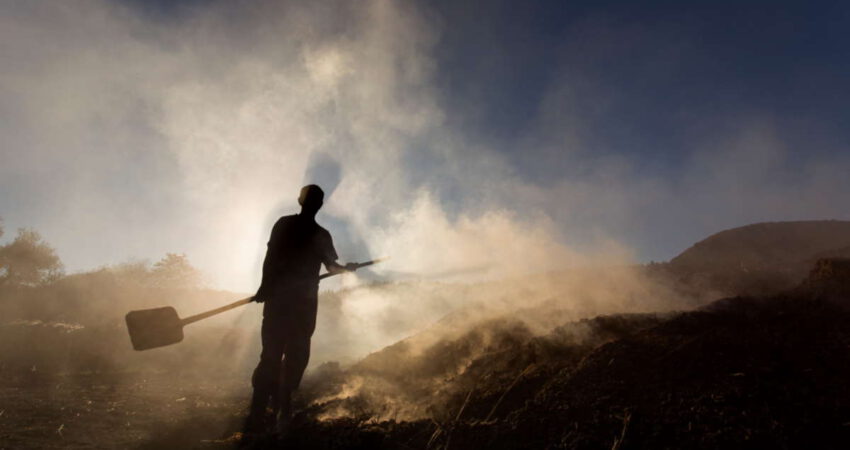Before the Russian invasion of Ukraine, the explosion in European gas prices and the energy paradigm shift in the minds of European elites, Russia had historically been the largest supplier of natural gas to Europe. Back in January 2021 Russia supplied around 40% of the gas consumed in Europe. As Spain’s Energy Transition Minister Teresa Ribera recently stated, this proportion is now less than 10%.
Monthly Archive: October 2022
The global economic situation is pushing industrially developed countries – primarily EU countries, but also India – to look for alternative sources of oil. The situation is aggravated by the fact that in the short term, the US is concentrating its efforts on holding down domestic hydrocarbon prices and will not increase gas supplies to global markets until at least December 2022, and possibly later.
In July 2022, the European Union took a serious new step towards building a strategic partnership with Azerbaijan in the energy sector by signing a memorandum of understanding. This agreement was aimed at reducing its gas dependence on Russia: Baku is promising to double gas supplies to Europe over the next five years.
The cruel romance between Russian gas suppliers and European consumers reached its peak this year. In early September, just ahead of the winter, Russia’s state-owned Gazprom shut down the Nord Stream 1 pipeline, which carries around a third of all Russian gas exports to the EU (almost 15% of the EU’s total gas imports).
“We have decided, as a European Union: We will end our reliance on Russian fossil fuels,” announced EU President Ursula von der Leyen at Princeton University in September 2022. But it seems the EU leader is moving too fast with this statement.
The evolving energy crisis in Europe – brought about in large part by the need to introduce tough sanctions against Russia, which has unleashed war in Ukraine – is beginning to acquire a more persistent nature. Moreover, this is having extremely negative long-term consequences – first and foremost for Germany, Europe’s largest economy.






